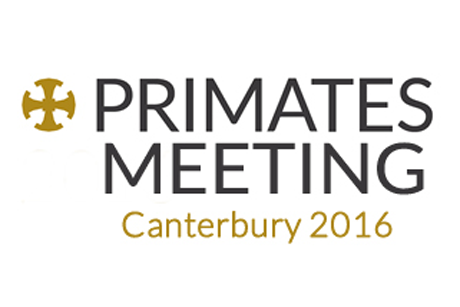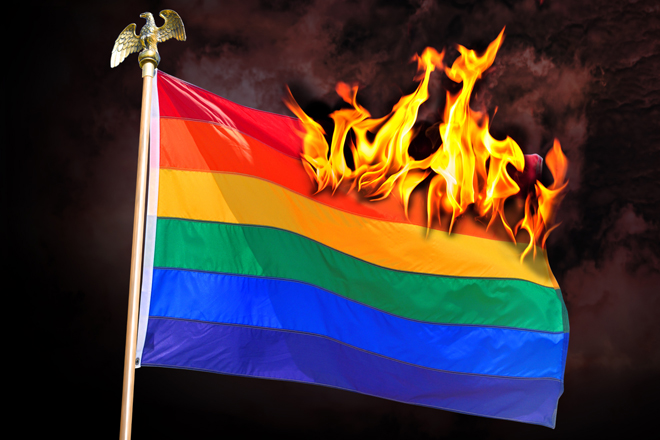The Ministry of Education is trying to force Bethlehem College, a Christian school, to change its statement of belief – a statement that reflects Christian beliefs. Specifically, they are trying to compel the school to remove their statement that they believe marriage is the union of a man and a woman, on the grounds that this discriminates against those who do not share this view or who are in a relationship outside of this definition. On the face of it, this is a shocking thing for a Government agency to do and an obvious affront to the right of the school to freely state its belief on a matter that is hardly a surprise. This is, after all, the Christian view of marriage. But here’s the thing: The grounds on which the Ministry is trying to make the school change its statement of belief on the one hand, and the reason the ministry is being urged to do so on the other, are quite different animals.
It’s a situation, I think, where a government agency is fronting what seem like reasonable grounds for their demand, while serving a more sinister purpose. That’s how a slightly cynical person might read this situation (and cynicism is perhaps wise in this situation).









 You’ll be hearing more about this over the next little while, but we’re moving in an Anglican direction.
You’ll be hearing more about this over the next little while, but we’re moving in an Anglican direction. We know that constitutional or legal freedom of speech was not violated when you bullied Brendan Eich out of his job at Mozilla because of his view on marriage. But lift your standards a little. “Legal” does not mean “good.”
We know that constitutional or legal freedom of speech was not violated when you bullied Brendan Eich out of his job at Mozilla because of his view on marriage. But lift your standards a little. “Legal” does not mean “good.”